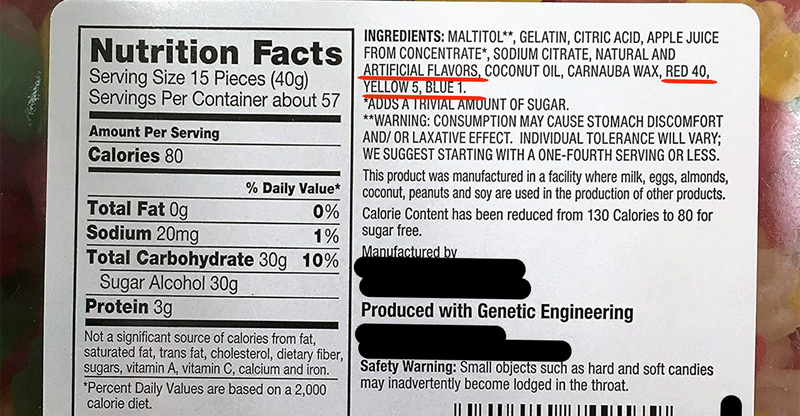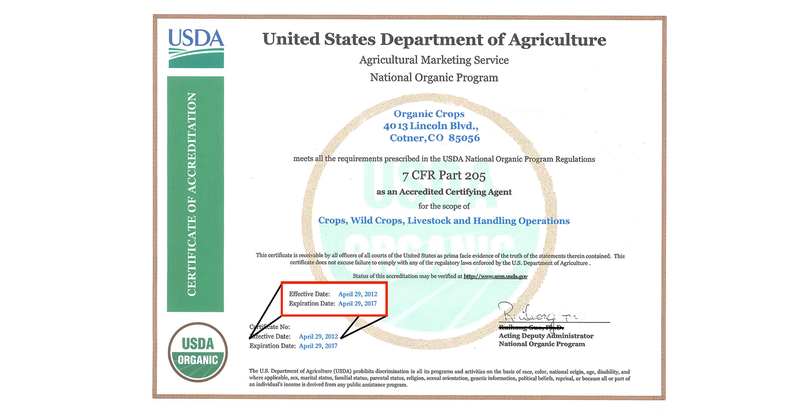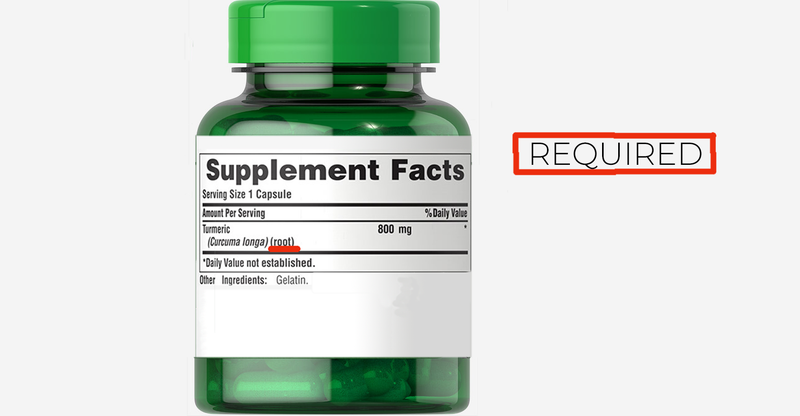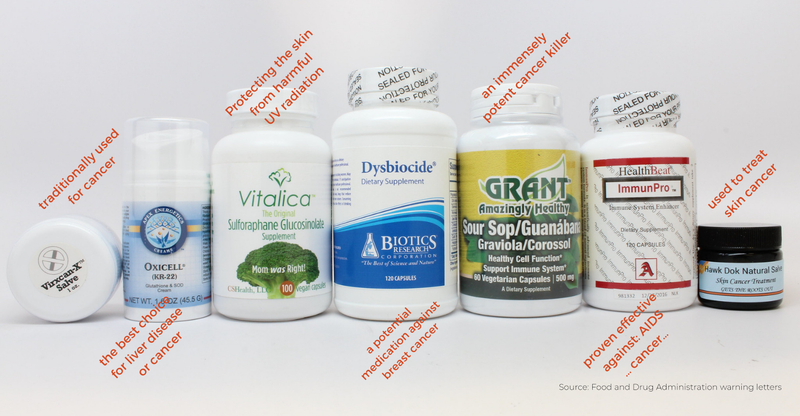
Behind the scenes at Natural Products Expo, New Hope Network's standards team reviews the products, labeling and marketing of every exhibitor. Beginning long before the show, standards specialists work with first-time exhibitors to determine whether their products are eligible for exhibition at Natural Products Expo. During Expo, members of the standards team circulate on the show floor visiting booths, answering questions and ensuring that promotional materials displayed on-site also meet New Hope standards.
The standards team is part of New Hope Network's Market Integrity Group, which is responsible for New Hope standards at Natural Products Expo; the Compliance Program at SupplySide; and MarketReady Insights, our regulatory consulting program. Together, these programs help ensure the integrity of the show floor, support industry self-regulation and provide exhibitors the expertise they need to meet both exhibitor and regulatory requirements.
To ensure products meet New Hope Network's eligibility requirements, standards specialists verify third-party certifications, review product ingredients, make exhibitors aware of non-compliant claims and labeling, and inquire about necessary substantiation. Each year, the team sees similar types of non-compliance. Here are the top 10 most common problems New Hope Network standards specialists see.

Products
1. Prohibited products
Prohibited products are typically identified when a new or returning brand applies to exhibit at a Natural Products Expo. Vapes and foods with artificial colors, artificial sweeteners or artificial flavors, for example, are not permitted on the show floor. Prohibited products may not be promoted in literature present at the show.

Certifications
2. Expired certificates for third-party certifications
The most commonly used third-party certifications at Natural Products Expo are those for organic, non-GMO and gluten-free products. The standards team verifies that products bearing the USDA Organic seal or claiming to be "certified organic" are truly certified and that the certification is current. It does the same for non-GMO and gluten-free products bearing a trademarked certification symbol. It does not, however, verify the reliability of statements in the absence of trademarked certifications. For those claims, it's important to ask the brand directly for any additional substantiation.
3. Organic certifier missing on USDA Organic Products
Products labeled as “100% Organic,” “Certified Organic,” “Organic,” “Made with Organic,” or bearing the USDA Organic seal must state the name of the certifying agent on the information panel.

Labeling
4. Identity statements missing on dietary supplements
The identity statement for dietary supplements must include the word "supplement." It can be called a "dietary supplement," an "herbal supplement" or may include the specific dietary ingredient, such as "calcium supplement." Omitting the identity statement is one of the most common labeling errors.
5. Plant parts missing on herbal supplements
Supplement facts panels that don't identify the part of the plant from which herbal ingredients are extracted are returned to exhibitors for revision.
6. Net quantity of contents missing on foods
Neglecting to include the net quantity of contents on foods in both U.S. customary and metric measure on the principal display panel of a food is a common omission, especially for international exhibitors. In many countries, providing the metric measure is sufficient, but for U.S.-compliant labels, both units of measure are required and must appear in the bottom 30% of the principal display panel.

Claims
7. Misusing structure/function claims
Structure/functions claims describe how a nutrient or dietary ingredient affects the normal structure or function of the human body, e.g., calcium builds strong bones. Structure/function claims for conventional foods must focus on the effects derived from nutritive value. Structure/function claims for dietary supplements may focus on both nutritive and non-nutritive effects, but they must include a disclaimer that the Food and Drug Administration has not evaluated the claim. Structure/functions claims are not permitted on cosmetic products; claims that go beyond cleansing, beautifying, promoting attractiveness or altering appearance may cause the product to be regulated as a drug.
8. Failing to distinguish disease claims from structure/function claims
While structure/function claims relate to normal function, disease claims address dysfunction and states of health that lead to dysfunction. Statements that refer to specific diseases—"Calcium supplementation improves osteoarthritis"—are always suspect. In addition, statements that refer to identifiable characteristic signs or symptoms of disease, and suggest that using the product might treat or prevent disease—"Amla reduces blood pressure"—are also non-compliant. Disease claims may be implicit or implied, and the context in which they appear affects whether they are considered disease claims.
9. Unsupported nutrient content claims
Nutrient content claims characterize the level of a nutrient in the food (e.g. rich in, excellent source of). The nutrient being characterized should appear in the nutrition facts panel and be present in the required quantity. Claims like "high," "rich in," or "excellent source of" must contain 20% or more of the daily value per Reference Amounts Customarily Consumed ("RACC"). Others, such as "good source," "contains," or "provides" must contain 10-19% of the daily value per RACC.
10. Unsubstantiated claims
Claims must be truthful, not misleading, and supported by competent and reliable scientific evidence. Human studies on a healthy population, peer review and reliable methodology are important indicators. The study should be related to the specific product claim and the totality of the evidence should support the claim.
Contact the standards team
Being aware of the 10 most common problems our standards team encounters can help avoid complications with eligibility and/or exhibition. In a fast-moving industry like ours, where innovation and change are expected, questions do come up. The standards team is available to answer any questions about ingredient and eligibility requirements for Natural Products Expo events. For brands looking for more comprehensive regulatory support or specific help with an application, product labeling, marketing or websites, our MarketReady consulting program makes regulatory compliance easy and accessible.
If you have event eligibility questions, please email the standards team. Learn more at New Hope Network Standards & Guidelines.
If you have regulatory questions, please reach out to the MarketReady Insights team. The MarketReady Insights team, through its website, offers numerous services, including a free 15-minute consultation, as well as videos and NewHope.com articles regarding regulatory issues.
About the Author
You May Also Like





.jpg?width=700&auto=webp&quality=80&disable=upscale)